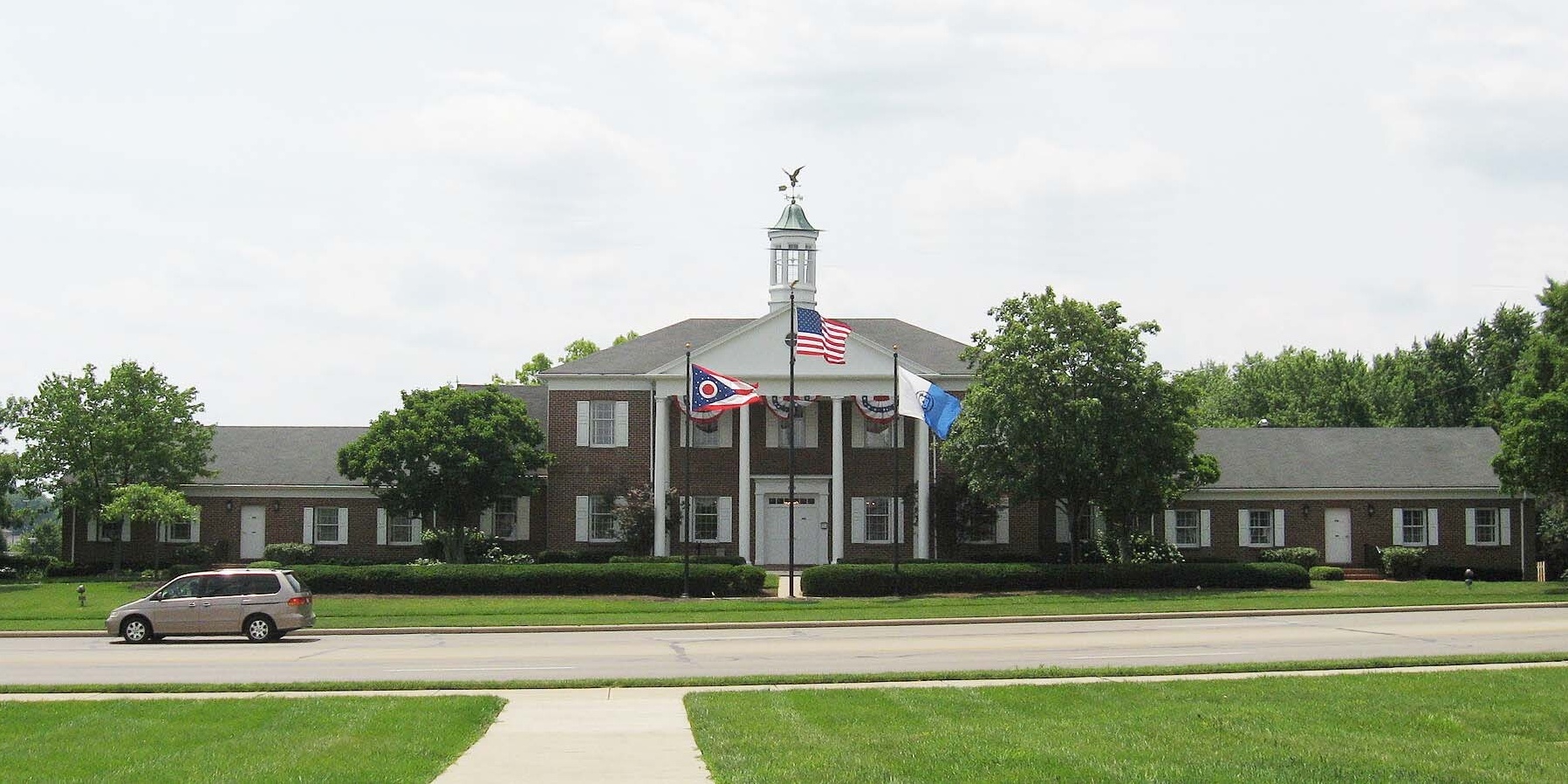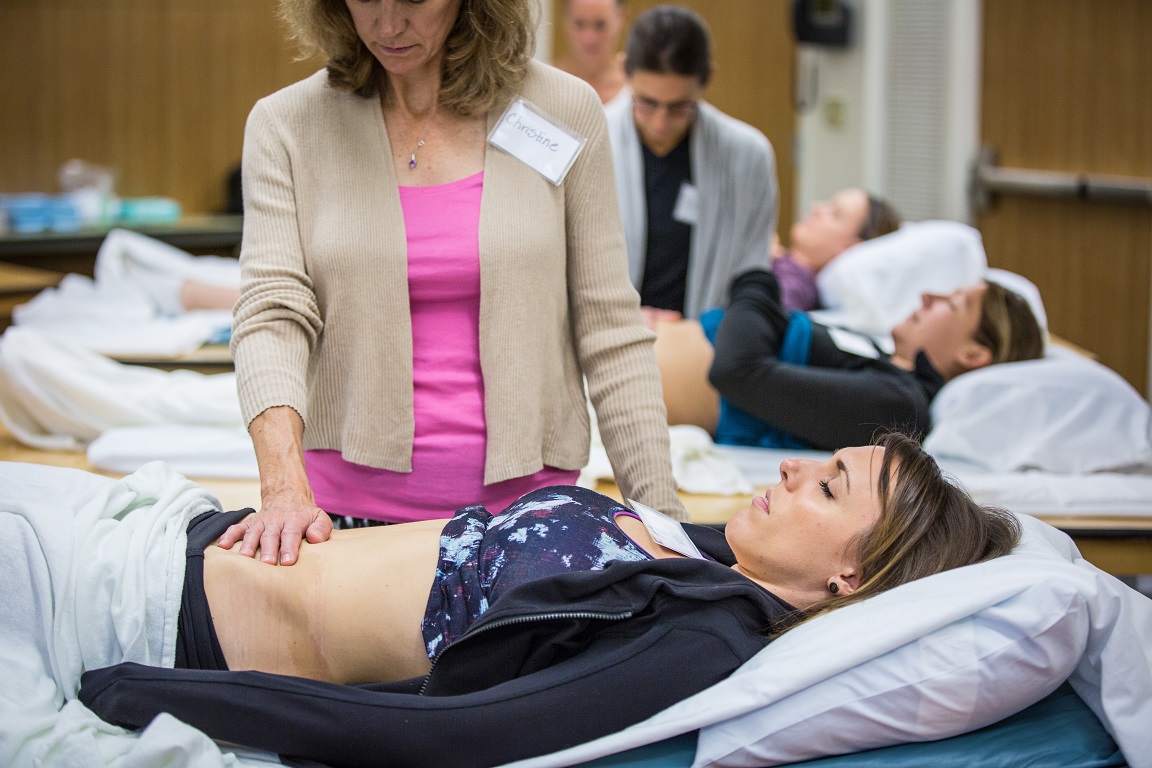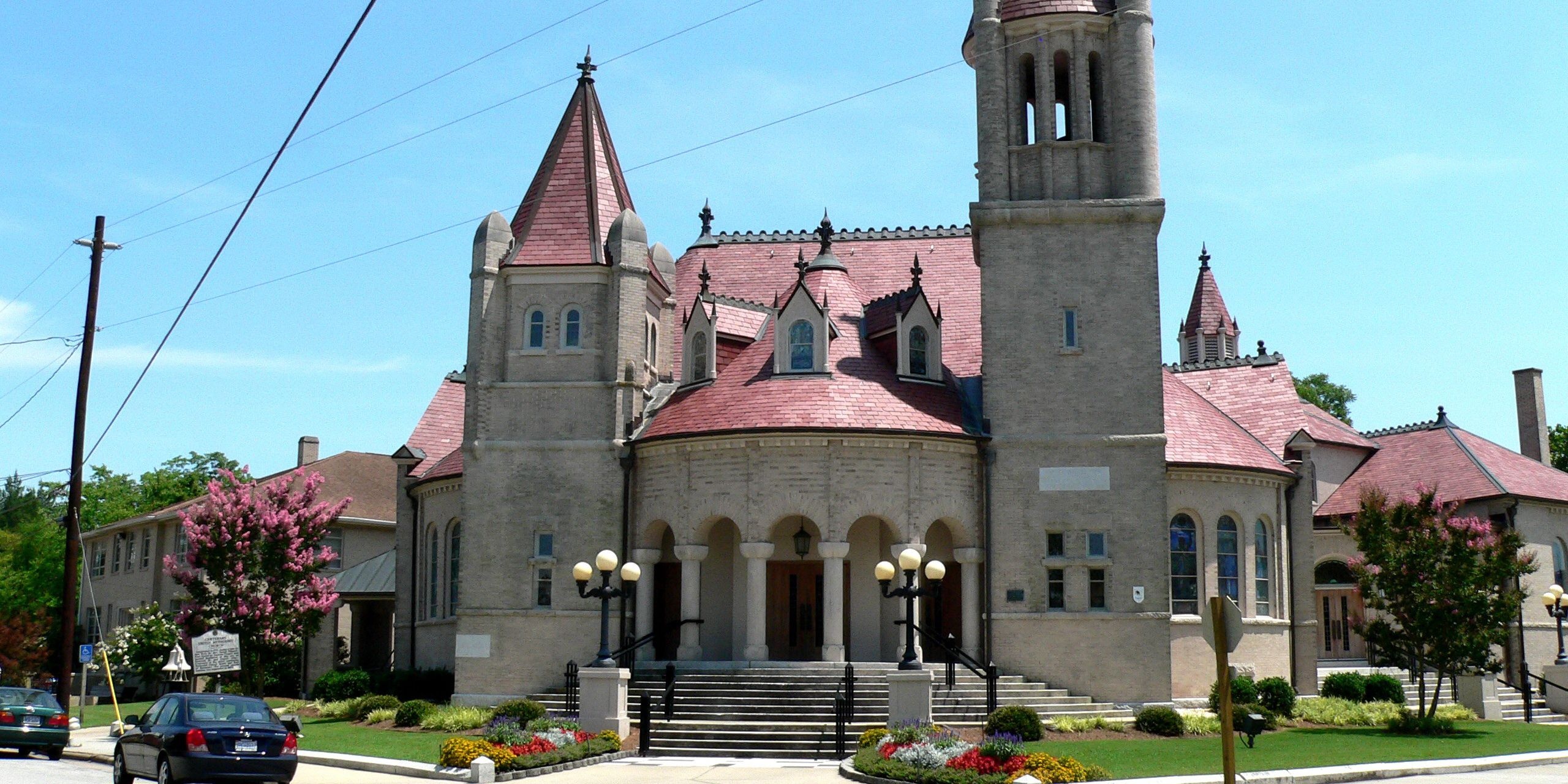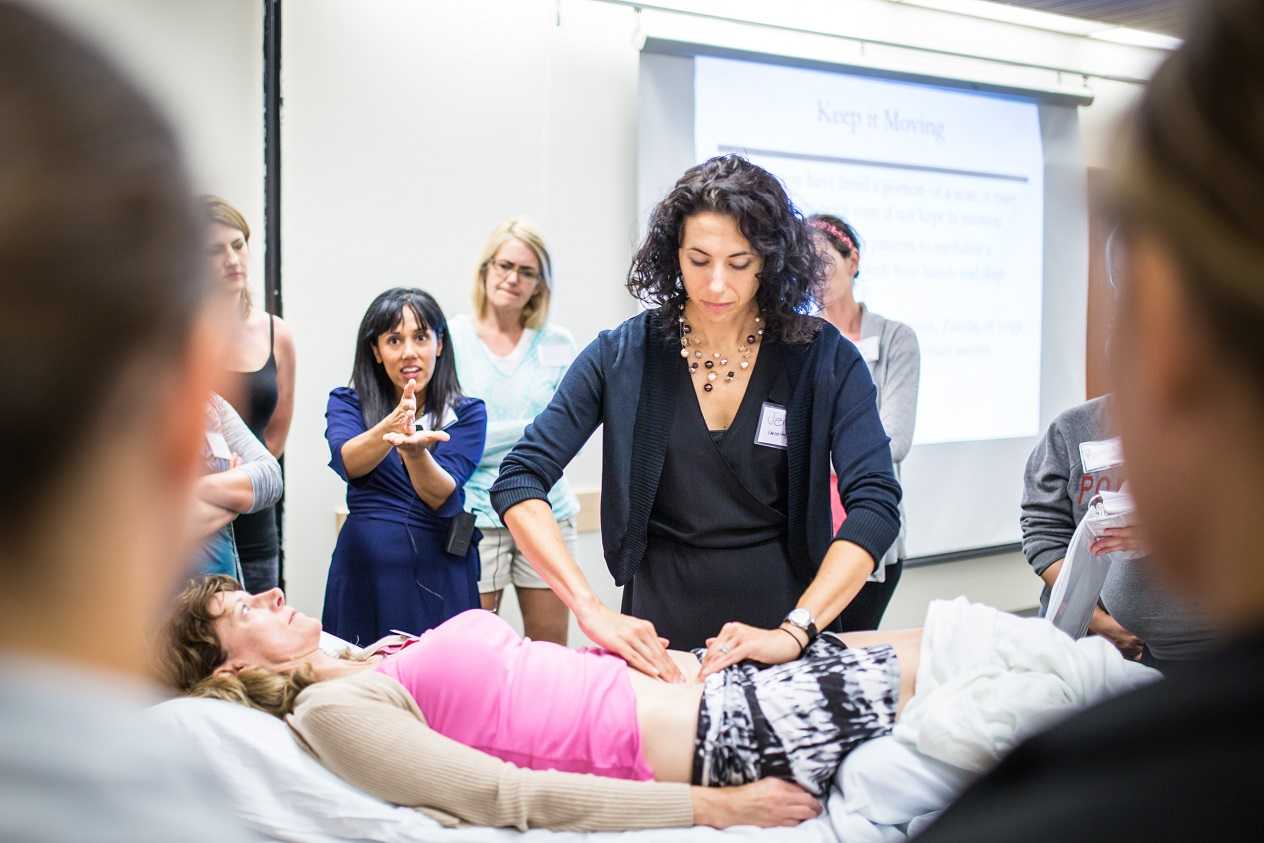Pediatric Patients and the Pelvic Rehab Therapist
In 2011, H&W was thrilled to add a new course to our list of offerings. Pediatric Incontinence and Pelvic Floor Dysfunction was a much-needed addition to our pelvic floor courses. Despite the growing number of pelvic rehab specialists treating men and women with PF dysfunction, children in this patient population remain woefully under-served, which can cause undo stress for the child and family, as well as the development of internalizing and externalizing psychological behaviors. Dawn Sandalcidi, the author of this course, and Robin Lund, her co-instructor, sat down with Pelvic Rehab Report to talk more about this course and their work with children.
PRR: Dawn, you developed this course many years ago. What initially inspired you to write this course?

When I set out to create this course, there were no courses offered in pediatrics for pelvic health. There was also nobody doing any pediatric courses when I began this quest.
PRR: How has this course evolved over the years?
My first class had only eight people that attended. I was shocked to see that half of the class were pediatric physical therapists looking to help their patients. At that point in time I realized I needed to rewrite the class to accommodate those learning the pelvic floor information for the first time
PRR: Robin, you will be joining Dawn as a co-instructor of this course in 2014. What pearls of wisdom have you picked up in your clinical practice that you'd like to pass onto course participants?

The only population I work with is pediatrics, usually up to 18 years of age, but sometimes up to mid 20's. Children coming to me for treatment of pelvic floor dysfunction are usually between the ages of 5 and 14 years old, but sometimes I treat children slightly younger or older than this. I am specialized in the treatment of torticollis also, so I work with babies a lot. What i've learned is:
1.) Most incontinence symptoms I see are caused or worsened by constipation and most of the time parents don't know their children are constipated because they are "going" every day. If you don't hit constipation management hard in your treatment plan, you will rarely be 100% successful.
2.) Another thing I have learned is that pediatricians and pediatric gastroenterologists often just treat the symptoms and are not always aggressive enough in their management of constipation. I educate my parents on constipation and its effect on bladder and bowel dysfunction and he;p them become good advocates for their child so they can get more action from their doctor.
3.) Work extra hard to earn your pediatric patient's trust and friendship. You will soon become their favorite person and they will want to please you and will work harder on their home program.
PRR: What can you tell us about this course that isn't covered in the description and objectives?
Dawn: It will change your life and the lives of your patients. Pediatrics is a career changing specialty that you will fall in love with!
Why should a therapist take this course? How can these skill sets benefit his/ her practice?
Dawn: Most of us see patients who are adults who also have children with bowel and bladder issues. The pediatric patient suffers most. Not only is a problem for the child but it's also a problem for his/her entire family. We know, based on the literature, that children suffer significantly with psychological disorders related to bowel and bladder issues. The change you see in the child and the family when their discharge from therapy is remarkable!
If you'd like to learn more from Dawn and Robin, we will be offering the Pediatric course twice in 2014. The first offering will be in Nashua, NH in April. The second event will take place in Greenvile, SC in August.
By accepting you will be accessing a service provided by a third-party external to https://www.hermanwallace.com/






































